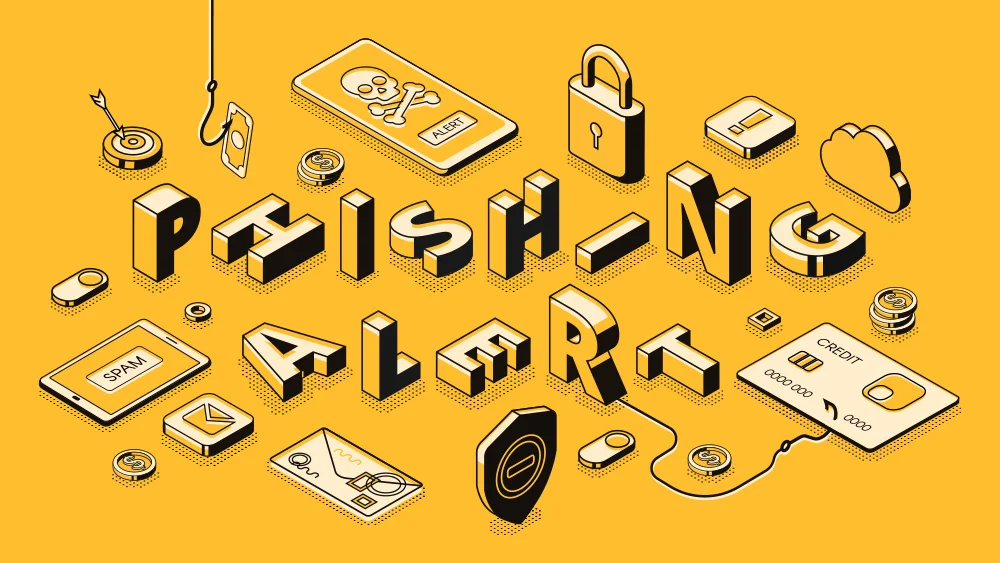Email communications are one of the primary mediums for phishing, but it's not the only one. Phishers might make use of phone calls, texts, third-party messaging apps, social media, and more. If you receive a communication from what you believe to be a trusted source, but through a channel that isn't typical for your past correspondence, that's a warning sign.
For example, ResNexus users usually communicate with their support representatives via phone and email. If a message with a strange request appears to come from ResNexus or someone who works at ResNexus through another platform such as LinkedIn or an SMS message, it's almost certainly a phisher.

